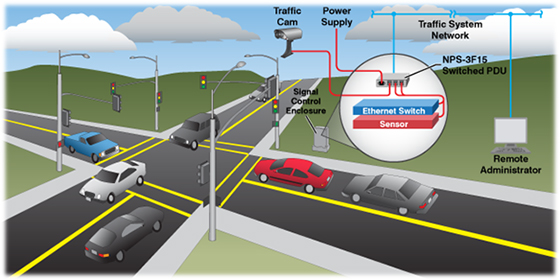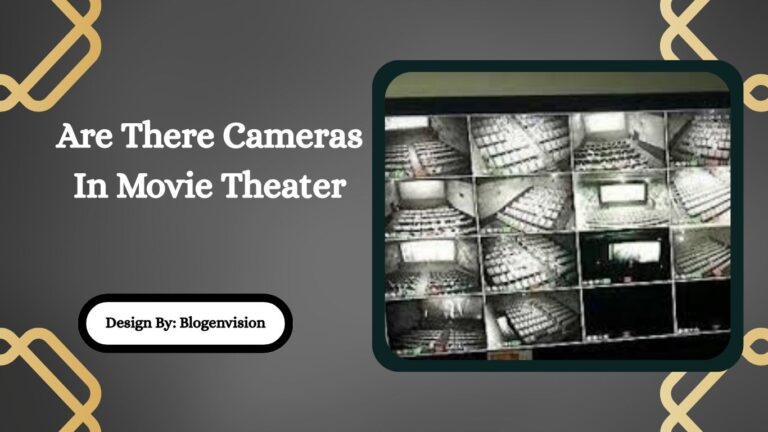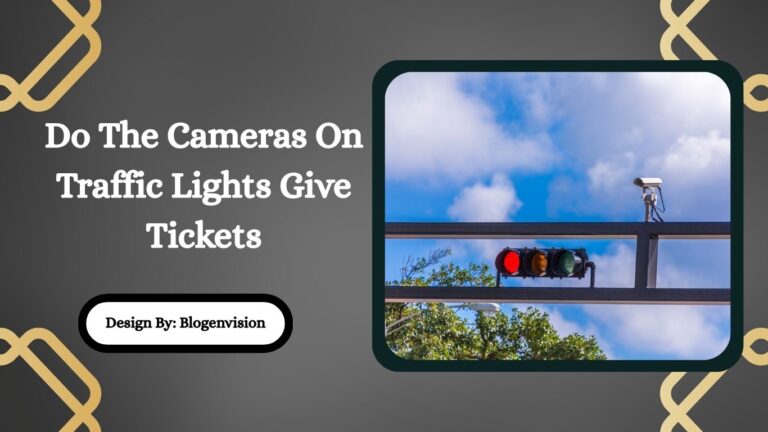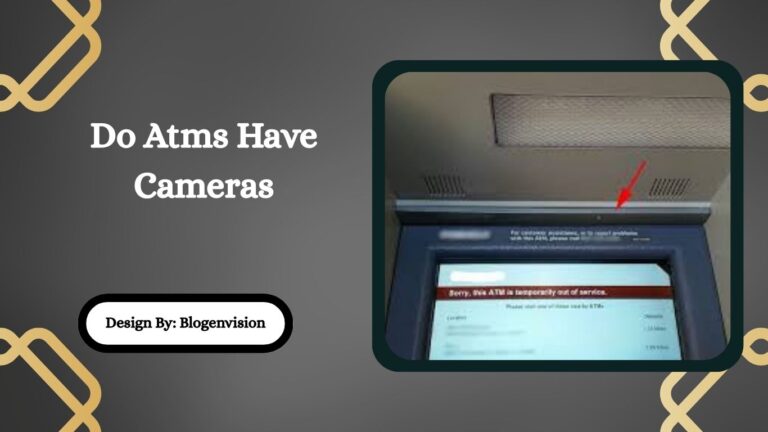How To Win Red Light Camera Ticket – Complete Guide!
You can fight red light camera tickets by checking camera errors, proving poor visibility, showing you entered on yellow, claiming emergencies, or finding ticket mistakes. Always review evidence before paying.
Introduction: Don’t Just Pay That Ticket!
Getting a red light camera ticket in the mail can feel scary. You see pictures of your car running a red light, and the ticket asks for hundreds of dollars. But here’s something important to know: many people win their red light camera cases every day!
This guide will explain in simple words:
- How red light cameras work
- 5 easy ways to fight your ticket
- What to do step by step
- How to avoid these tickets in the future
Even if you think you definitely ran the red light, you might still have ways to get out of the ticket. Let’s learn how!
How Red Light Cameras Work (Simple Explanation)

Red light cameras take pictures when:
- Your car enters the intersection after the light turns red
- They don’t take pictures if you enter during the yellow light
- They use sensors in the road or special radar
The camera takes:
- Picture of your license plate
- Picture of the red light
- Picture of your car in the intersection
- Date and time of the violation
The ticket gets mailed to whoever owns the car.
5 Simple Ways to Fight Your Ticket
1. Check if the Camera Worked Right
Just like any machine, cameras can make mistakes. You can ask:
- When was the camera last checked?
- Was it working properly that day?
- Are the pictures clear?
Sometimes, if they can’t prove the camera was working right, your ticket gets canceled.
2. Could You See the Light Clearly?
If something blocked your view of the light, you might win. Examples:
- A big truck was in front of you
- The sun was shining right in your eyes
- A tree branch covered the traffic light
What to do: Take pictures of what the light looks like from where you were driving.
3. Were You Already in the Intersection?
The camera should only ticket you if:
- Your front tires were behind the white line when the light turned red
- And then you drove through
If you were already moving through when it turned red, that might not count as running it.
4. Did You Have a Good Reason?
Sometimes you can explain why you had to go through, like:
- You were avoiding an accident
- An ambulance or police car was behind you
- There was an emergency (like someone in your car was very sick)
You’ll need to explain this to the judge.
5. Look for Mistakes on the Ticket
Sometimes tickets have errors that can get them canceled, like:
- Wrong license plate number
- Wrong date or time
- Wrong car color or model
- Missing information
Check every detail carefully!
Step-by-Step: How to Fight Your Ticket
Step 1: Don’t Wait!
- Most places give you only 30 days to respond
- Check the due date on your ticket
Step 2: Ask to See the Evidence
You can usually:
- See the photos online
- Request a copy of the video
- Ask for camera maintenance records
Step 3: Decide How to Fight
You might have choices like:
- Writing a letter to explain your case
- Going to court in person
- Doing a hearing by mail or online
Step 4: Prepare Your Defense
Gather:
- Your explanation of what happened
- Any photos that help your case
- Witness statements if you have them
Step 5: Go to Your Hearing
If you go to court:
- Dress nicely (like for a job interview)
- Be polite to the judge
- Explain your story clearly
- Show your evidence
Also Read: Types Of Traffic Cameras – Complete Guide to How They Work!
What Happens if You Win?
If you win:
- You pay nothing
- No points on your license
- Your insurance won’t go up
What if You Can’t Win the Case?
You might still have options:
- Ask for traffic school (to keep points off your license)
- Ask to pay less money
- Ask for more time to pay
How to Avoid These Tickets in the Future
Simple tips to stay safe:
- When the light turns yellow, stop if you can do so safely
- Don’t speed up to “beat the light”
- Be extra careful at intersections with cameras
- Look for “Photo Enforced” signs
FAQs:
1. Do red light camera tickets affect insurance rates?
Usually no, since they’re typically civil violations that don’t add points. However, some insurers may still consider them, so check your policy and state laws.
2. Can I ignore an out-of-state red light camera ticket?
No, unpaid tickets may lead to license suspension or registration blocks in your home state. Always verify reciprocity agreements between states.
3. How long do I have to contest my ticket?
Typically 14-30 days from issuance. Check your ticket’s due date immediately – missing deadlines often waives your right to fight it.
4. Do red light cameras flash during daytime?
Yes, but flashes are less noticeable in sunlight. Daytime tickets are equally valid, though some drivers successfully challenge overexposed or unclear daytime photos.
5. Can I request the camera’s calibration records?
Yes, you’re entitled to maintenance logs. If the jurisdiction can’t provide them, this often gets tickets dismissed. Submit a formal records request.
6. What if someone else was driving my car?
You’re still responsible unless you complete a “non-driver affidavit” identifying the actual driver. Some states require notarization for these statements.
7. Are there warning signs at camera intersections?
Most states require “Photo Enforced” signs, but some municipalities skip them. Missing signs can be grounds for dismissal – photograph the intersection if absent.
Conclusion:
Red light camera tickets aren’t automatic convictions. By carefully examining evidence, checking for technical errors, and presenting strong defenses, many drivers successfully fight them. Always request camera maintenance records and review all violation photos for inaccuracies. While prevention is best (stop safely at yellows), remember you have rights if ticketed. Whether challenging calibration, visibility, or emergency circumstances, persistence often pays off. Don’t assume you must pay – with proper preparation, you might save hundreds and protect your driving record.



